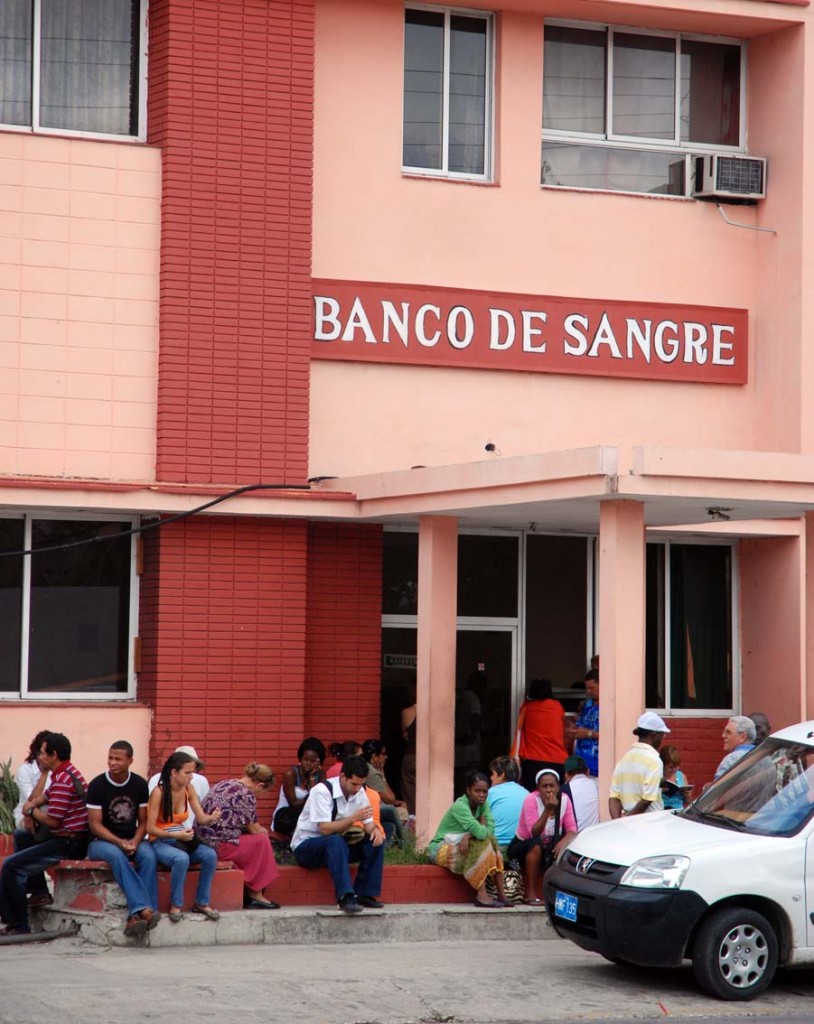
14ymedio, Elías Amor Bravo, Economist, November 25, 2023 — Bancarización* (banking reform) in Cuba is becoming a one-act comedy for those who are bored with the low quality of the script and the cast that participates. Almost half a year after the approval of Resolution 111 of the Central Bank of Cuba, the conclusion that can be reached is that the process goes on as usual, without order or agreement, and the attempts of the leaders to cover it with a certain order fall on deaf ears. It’s like a second edition of the disaster of the Ordering Task,** but this time stumbling over the same stone. Incomprehensible. Take a look at what was said on State TV’s Roundtable program by Joaquín Alonso, president of the Bank, and his subordinates Julio Pérez, general director of Payment Systems of the Bank, and the vice president, Alberto Quiñones.
It should be emphasized that for any spectator who followed this edition of Randy Alonso’s primetime program, it is most likely that in the end he had more doubts and concerns than at the beginning. All the participants skirted around the issue, and none dared to recognize the obvious: a new failure of the communist regime is just around the corner.
And the first to contribute to the confusion was Joaquín Alonso, when he said that in Cuba there is talk of how to “bancarizar operations, instead of accessing the banking service, because all the actors of the economy already have full access to banking services,” which, he said in a surprising way, “makes us different from other nations.” Of course, saying that and saying nothing is the same thing, because Randy didn’t ask the question he should have asked right away: so why do Cubans continue to use cash in their usual transactions?
“All the actors of the economy already have full access to banking services,” which, he said in a surprising way, “makes us different from other nations.”
It goes without saying that none of the participants said anything like that. They dedicated themselves to citing the strong investments in technological equipment and point-of-sale terminals, which are then not taken advantage of, highlighting that “with the available resources, the colleagues of Etecsa, Enzona and the banking system have linked to each other, and we have the possibility of continuing to make progress in the bancarización of transactions.” But again, why do Cubans use cash and flee from the banks? It’s the same as tourism: why are they building hotel rooms if they are left empty?
The president of the Bank then said one of the things that attracted the most attention, that one reason it’s necessary to develop bancarización is in the high cost of cash. Yes, you have heard correctly: the president of the Bank said that “using banknotes means importing paper, inks, maintaining the equipment; then you have to transport them, distribute them, count them; and with about 10 uses in the economy they deteriorate, and then you have to destroy the banknotes and produce them again. It is a permanent cost in all banking operations, and it requires a large workforce, equipment and energy consumption.”
Unbelievable but true. Cuba has problems producing banknotes for its monetary system. Have you ever heard of a single country in the world that claims to have this problem? Of course not. It doesn’t exist. Only in Cuba. Now relax, because the farce had just begun.
Unbelievable but true. Cuba has problems producing banknotes for its monetary system. Have you ever heard of a single country in the world that claims to have this problem? Of course not. It doesn’t exist. Only in Cuba. Now relax, because the farce had just begun.


![steps-towards-the-disaster-of-cuba’s-‘bancarizacion’-[banking-reform]](https://noticiascubanas.com/wp-content/uploads/2023/11/121340-steps-towards-the-disaster-of-cubas-bancarizacion-banking-reform.jpg)